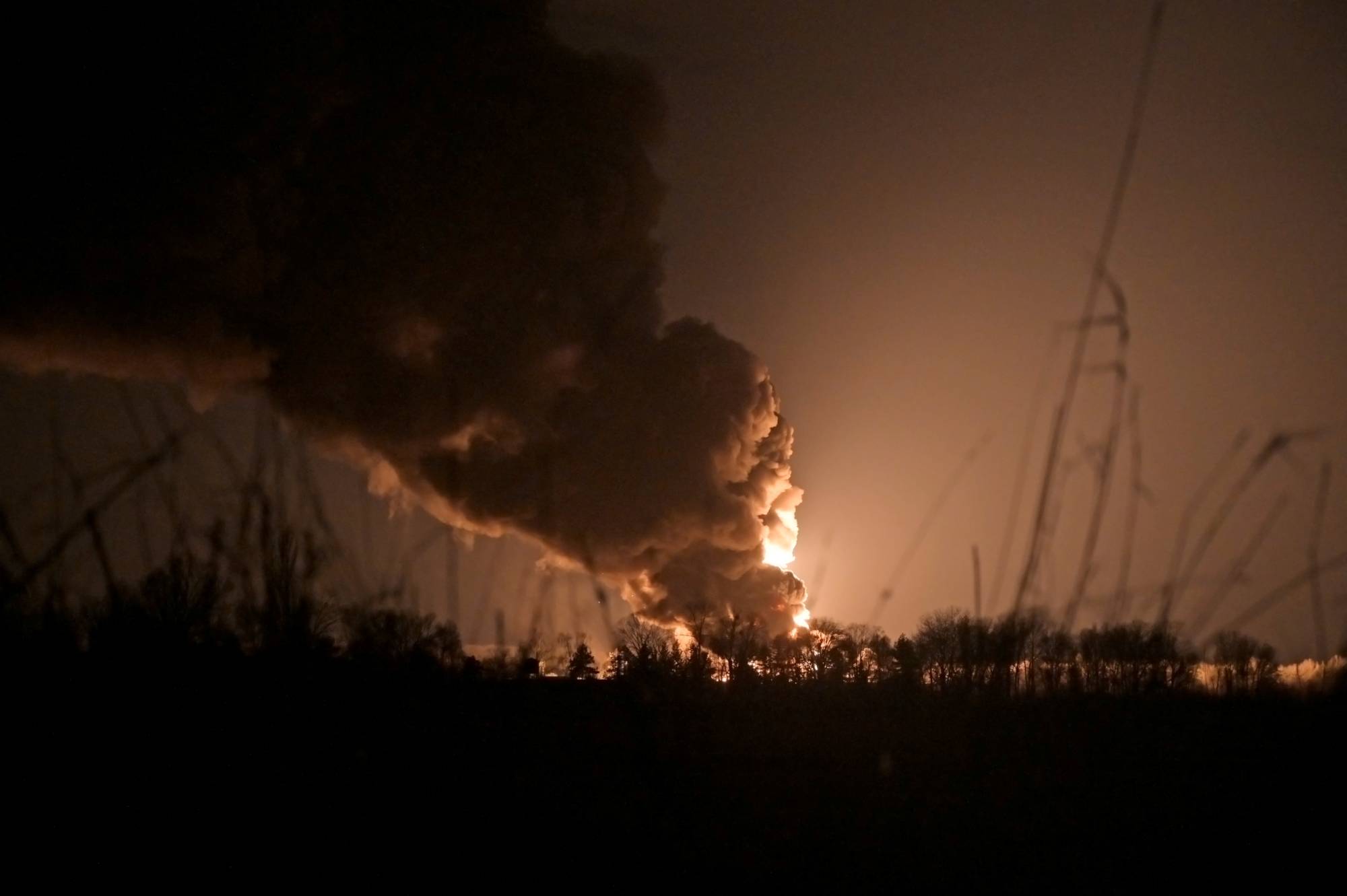Russian President Vladimir Putin ordered his military command to put nuclear-armed forces on high alert on Sunday as Ukrainian fighters defending the city of Kharkiv said they had repelled an attack by invading Russian troops.
U.S. Ambassador to the United Nations Linda Thomas-Greenfield said that "President Putin is continuing to escalate this war in a manner that is totally unacceptable and we have to continue to stem his actions in the strongest possible way."
On the fourth day of the biggest assault on a European state since World War II, the Ukrainian president's office said negotiations between Kyiv and Moscow would be held at the Belarusian-Ukrainian border. They would meet without preconditions, it said.


















With your current subscription plan you can comment on stories. However, before writing your first comment, please create a display name in the Profile section of your subscriber account page.